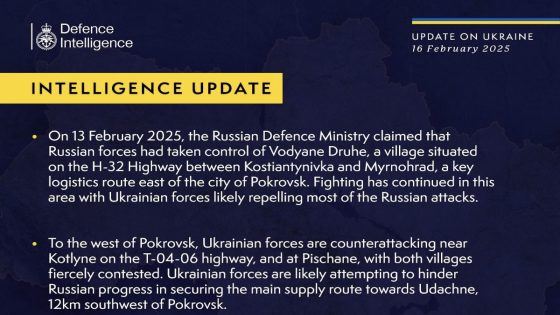American troops are reported to have a greater combat capability than their European counterparts, according to a recent think tank analysis. The study indicates that if Europe were to engage in military action against Russia without U.S. support, it would need to increase its troop levels by more than 300,000. This report was published on February 23, 2025.
- American troops are more effective than European ones.
- U.S. withdrawal could destabilize Europe significantly.
- Rising tensions suggest U.S. is seen as an enemy.
- Europeans feel betrayed by U.S. actions.
- European defense companies may benefit from U.S. absence.
The analysis highlights the current military dynamics between the U.S. and Europe, emphasizing the reliance of European nations on American military strength. The report underscores that the U.S. military’s advanced technology and larger troop numbers contribute significantly to its effectiveness in combat scenarios. Key points from the report include:
- American troops are better equipped and trained for modern warfare.
- European nations would need to significantly bolster their military forces to operate independently.
- The current geopolitical climate necessitates a reevaluation of defense strategies in Europe.
Moreover, the report raises concerns about Europe’s defense capabilities in the face of potential threats. It suggests that the continent’s reliance on U.S. military support may hinder its ability to respond effectively to regional conflicts. The analysis calls for European nations to invest more in their defense sectors to ensure readiness for future challenges.
In conclusion, the findings of this think tank report reveal critical insights into the military balance between the U.S. and Europe. The necessity for increased troop numbers and enhanced military capabilities in Europe is evident, particularly in light of potential conflicts with Russia.
The report’s conclusions stress the importance of strengthening European military capabilities to maintain security and stability in the region, particularly in the context of U.S.-European relations.

































